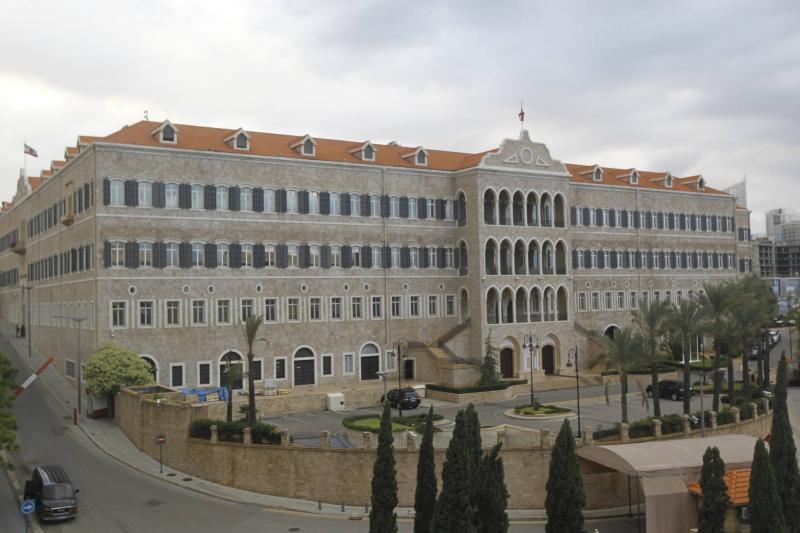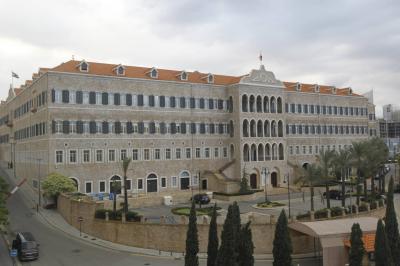The war is not over yet, and nevertheless, the military establishment in Israel, comprising both active field personnel and those on reserve lists, is engaged in discussions over matters of grave importance. These issues are not merely about field failures or a lost intelligence war—which the occupying state once boasted about—but rather about military techniques, training, and the ability to manage an exceedingly complex confrontation. Meanwhile, the leadership of resistance movements in Lebanon and Palestine is contemplating the current situation, especially concerning the highly precise weapons supplied to Israel by the United States, which have remarkably achieved objectives against the resistance forces.
While it is unclear whether Lebanon is on the itinerary for U.S. Assistant Secretary of State for Near Eastern Affairs Barbara Leaf's visit to the Middle East, resistance operations along the sites between Lebanon and Israel have returned to the forefront, starting from the western sector to the eastern sector. Alarm sirens have not ceased on the opposing side, particularly in Manara, along with "UNIFIL" patrols along the border.
Western and particularly European diplomatic interests remain prominent. British Foreign Secretary James Cleverly made a call to President Najib Mikati, as part of efforts to prevent any party from dragging Lebanon into a large-scale war.
Lebanese sources involved noted that international diplomatic activity, whether through foreign ministers or ambassadors in Beirut, pays no heed to Israeli provocations, limiting advisory warnings to Lebanon only.
As Lebanon, as part of the ongoing regional situation, enters a week of surprises with intensified Israeli pressure on the ravaged Gaza, aimed at subduing "Hamas," Hezbollah's Deputy Secretary-General Sheikh Naim Qassem remarked before an Iranian delegation: "The Americans and Israelis do not know what the days hold if the aggression continues."
In light of formulating an emergency plan to face any security developments and in coordination with United Nations organizations, Mikati presided over a meeting at the Grand Serail for the Committee to Coordinate the Emergency Plan with UN organizations and NGOs, discussing available resources and the possibility of containing the repercussions of any aggression and displacement from a humanitarian perspective.
Parliamentarily, President Nabih Berri has called for joint committees to meet at 10:30 AM next Tuesday to discuss the government's national emergency plan to enhance readiness to confront the consequences of Israeli aggression.




